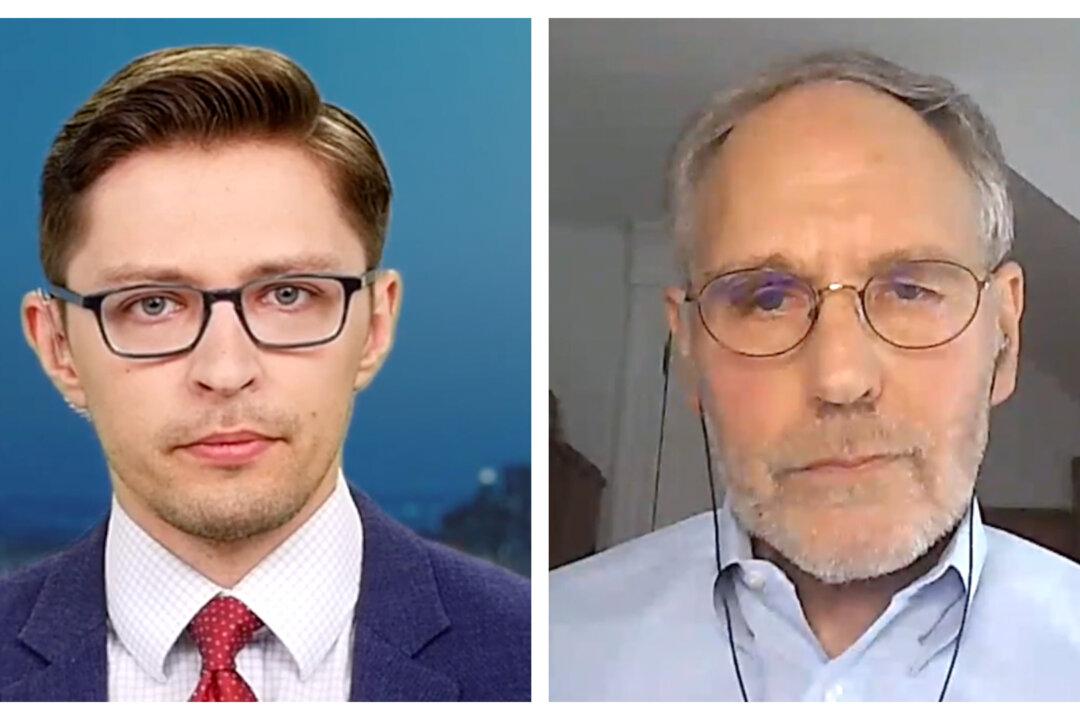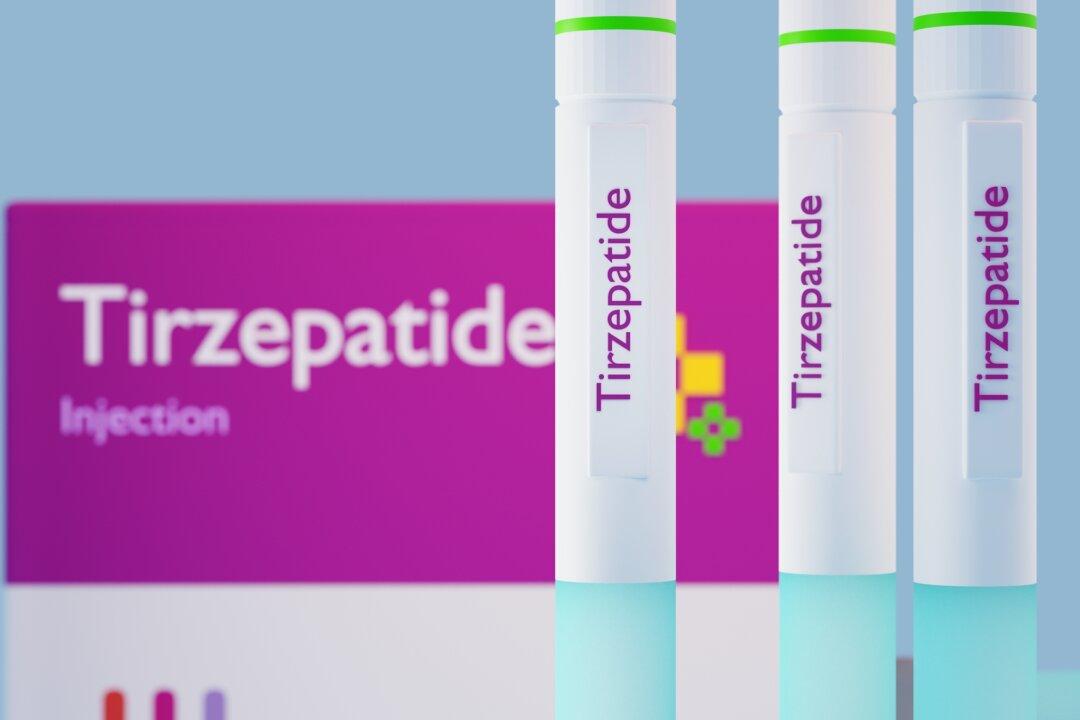According to Dr. John Abramson, pharmaceutical companies, medical journals, and federal health agencies have conflicts of interest that would harm the public “tremendously.”
The problem has been demonstrated by how clinical trial data is being handled, said Abramson, a Harvard Medical School lecturer and an expert in litigation.






